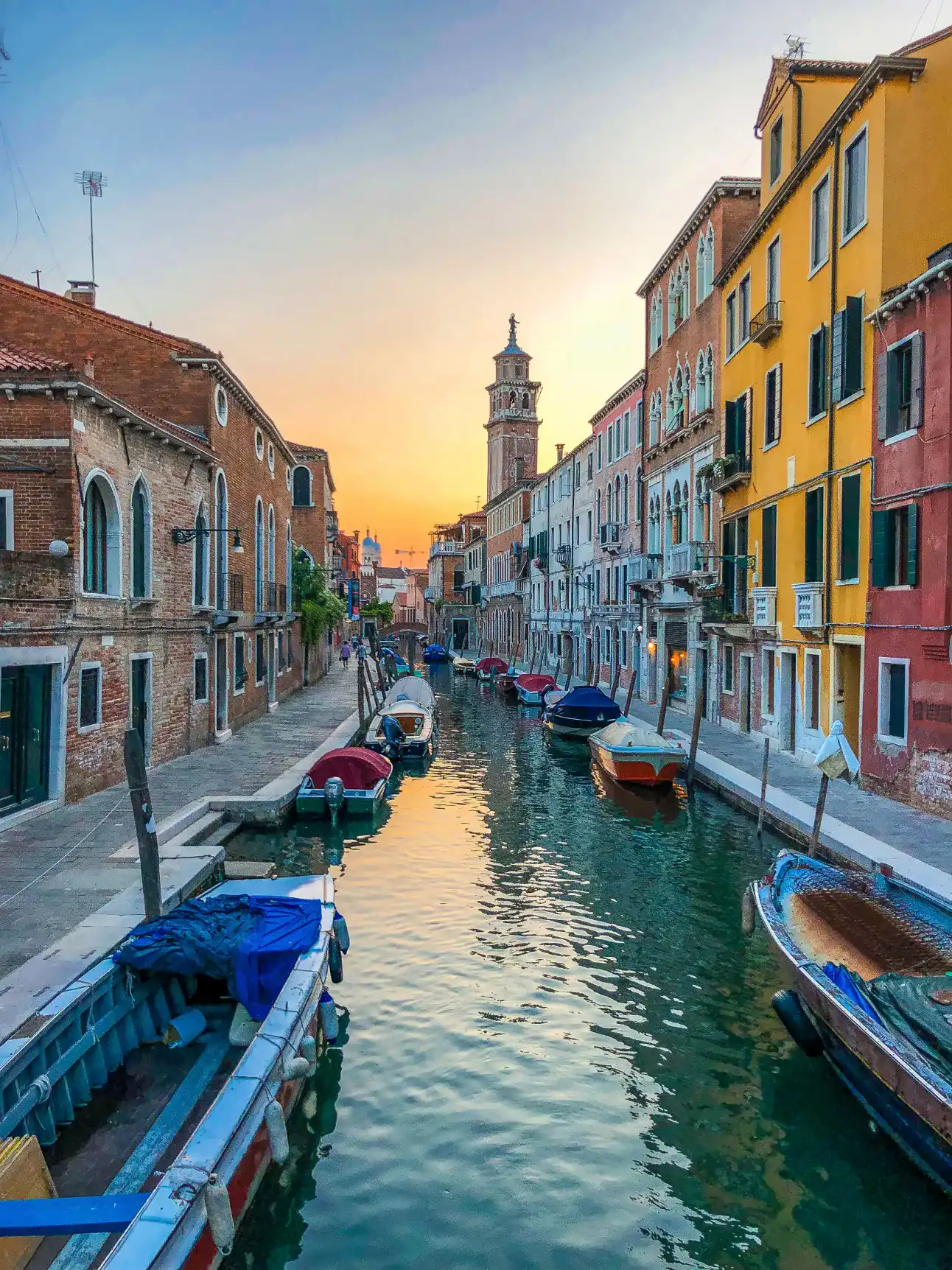Italy

This country isn’t your native one, actually not directly. However during your youthfulness, you develop an unconditional love for it landscapes, traditions, gastronomy… North Italia became your safe place in which you keep memories notably from your favorite trip, the one with your sisters…
Some words about it
Italia is a country between land and sea, between Alpes, Mediterranean sea and lake. This country has extremely various and sunny landscapes. We call it “the boot”, and by nicknamed it like so, we immediately recognize it. In Europe, Italia is one of the most populated country with 57 100 000 inhabitants, a number in constant increase. Unfortunately, it population is going to became more and mor aged… Young people only represent 20% of the inhabitants. People aged of 60 or plus represent 18%. And the number are getting closer.
Once upon a time, the romans…
Italia build itself on the emergence of the roman empire. Indeed, the romans bring their language, their mores, their architecture… And since that, the traditions, landscapes and buildings that romans have instated still shine.
The art
The boot is also well known for its sculptures, by Michelangelo for example, its painting, thanks to artists like Da Vinci, its literature, the music of Vivaldi among others, its architecture with the gothic and baroque styles, its cinema, its traditions... Without forgetting its gastronomy with all kinds of pasta, pizzas, parmesan! But we couldn't talk about Italian art without talking about futurism. This artistic movement appeared in 1909. This period marked a real turning point in Italian art and when you visit Italy, you cannot miss these works of art. In a book that you love, they talked about one type of art that you cherish :
The famous places
Some cities and regions are standing out from the rest in this country…
Indeed we have Roma, “the city of Cesar’s and popes”.
Milano, which is one of the most wealthy city in Italia.
Geneva, the “Italian Riviera”.
Venice, “greatness and decline of the Serenissima".
Tuscany, "the home of Michelangelo, Dante, and Petrarch
Sardinia, "a recently discovered coast".